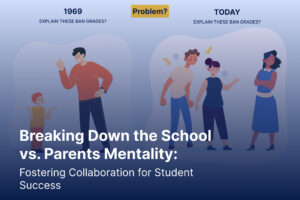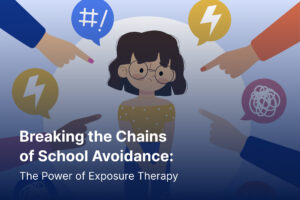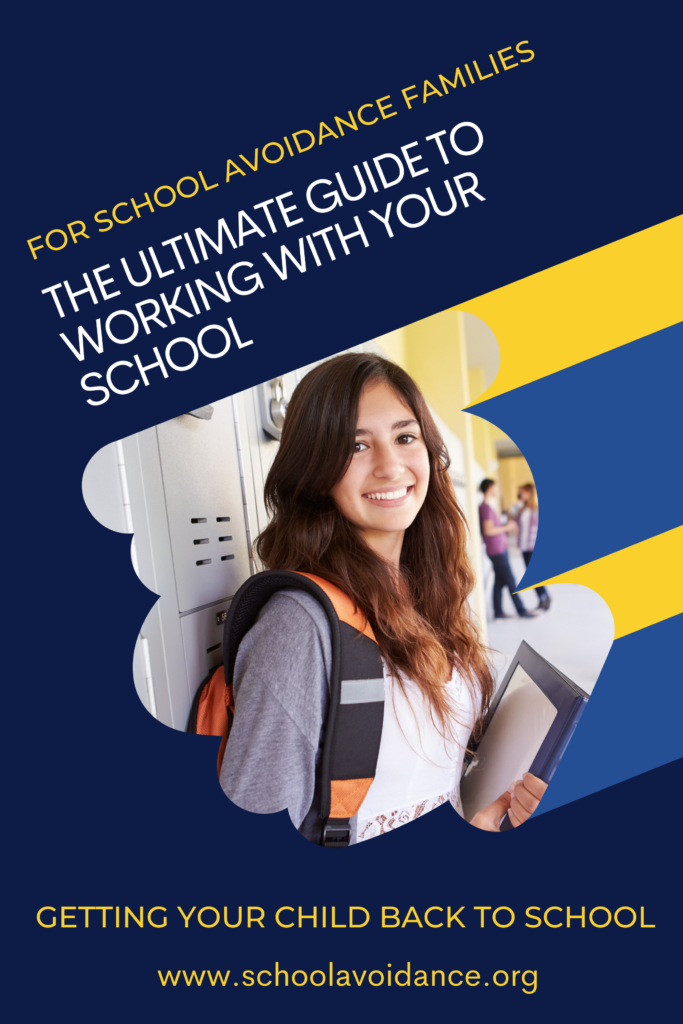We know that school avoidance is often misunderstood. Our friends and schools may question our parenting skills. They may share simplistic and insensitive advice. They usually mean well, but sometimes it hurts.
There aren’t many first-hand accounts of how kids suffering from school avoidance feel. And often, children/teens don’t even understand the basis of their fear and anxiety themselves.
It is also well-known that kids often behave differently from when they are in school and at home. They will often work extremely hard to conceal their inner pain and anxieties in front of their peers and teachers. And when they get home, that is where they feel safe to unload and reveal their true feelings.
Since our kids’ voices are not often heard, it is the parent, mental health provider, and school who will try to determine how our kids feel.
So, when my friend shared this animation of how a kid with school refusal feels, I was overjoyed. It is a brilliant animation from researchers at the University of Ghent, Hogent College in Belgium.
Finally, a simple and accurate representation of what goes on the head of a child with school avoidance. It also illustrates the importance of having the school, parents, and therapists working together as a team advocating for your child.
Tissue alert: I had tears in my eyes the first time I watched this video. The child articulates what my son must have felt and that hit home!
It is a one-of-a-kind, powerful and helpful tool that I encourage you to share with friends, family, your school, and possibly your mental health provider.
Thank you to Fran Morgan at TeamSquarePeg.org for sharing this amazing resource from Hogent’s research team who put this together.






